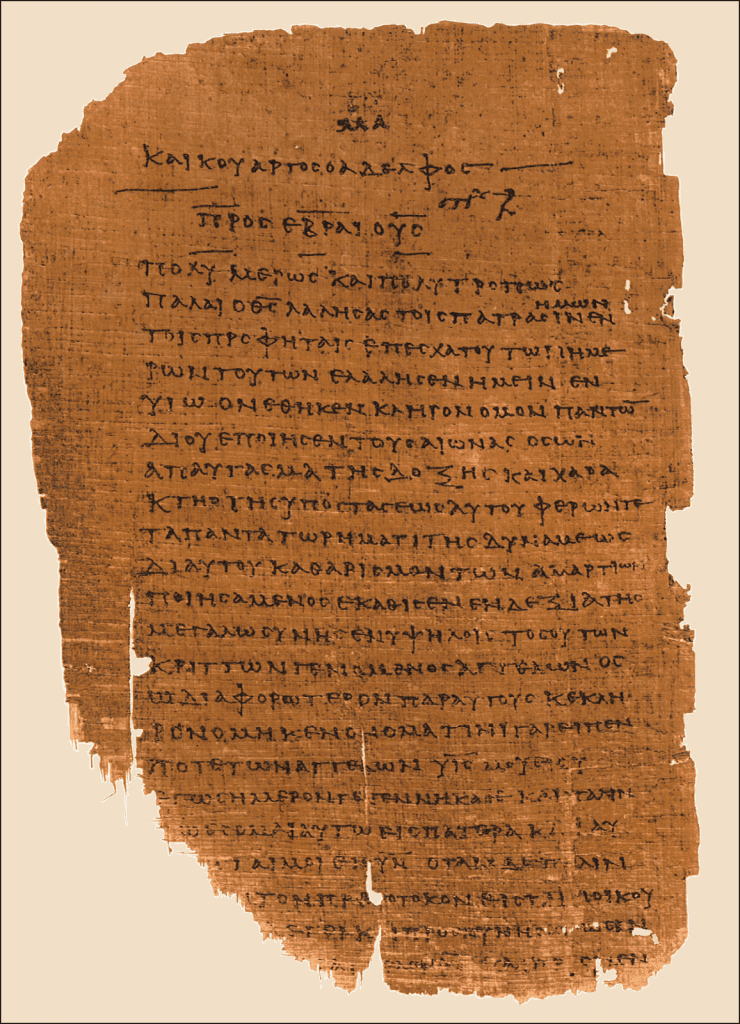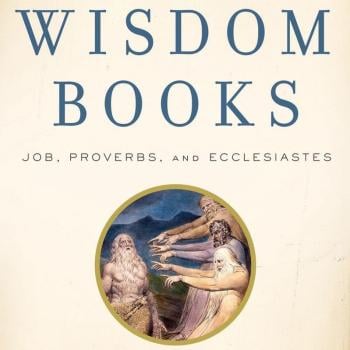The Bible is a wonderful collection of all sorts or genres of literature, and it does not just involve prose and poetry though it has plenty of both of those types of literature. Ideally, the goal of Biblical Interpretation is to interpret the Bible as the inspired authors intended for us to interpret it. When they are being figurative, let them be figurative, when they are being literal, let them be literal. When they are using symbols let’s not turn those symbols into literal signs. And so on. A few examples will have to do.
There is a lot of metaphorical language in the Bible, which is colorful and poignant. For example sometimes when the OT Hebrew is talking about God being very angry, it says ‘and God’s nose burned’. In other words God got red in the face like we tend to do when angry. Now this is in no way a literal description. It is simply meant to vividly and metaphorically describe how angry God was. Or take the use of euphemisms. The term foot/feet in Hebrew is sometimes a euphemism for the genitals. So for example when Naomi says to Ruth ‘go to the threshing floor, and raise up Boaz’s garment and lie down next to his foot. That will get his attention’ One has to remember that the story is about the need for Boaz to fulfill the duty of a Levir and raise up an heir for Ruth. He’s supposed to impregnate her. Or again, when we hear about the angels in some places in the OT (see Isaiah 6) and it says and with two wings they covered their foot/feet, this too is likely a reference to modestly covering the genitals. Or again, when Saul went into the cave to relieve himself it says he uncovered his foot. You get the picture. Long garments get in the way of urinating. There is a lot of metaphorical language in the Bible which simply should never be read literally.
But there is another kind of literalism that is problematic. That’s when one anachronistically reads something into the Bible as if it was some kind of cliche or statement that is always true in all circumstances. For example, this is a profoundly wrong way to read wisdom literature and in particular some of the Proverbs, maxims, aphorisms. For example when it says ‘train up a child in the way in which he must go, and he will not depart from it in his old age’, this is often true, as a generalization, but it is certainly not always true, and God is not promising it is always true. You have to know how to read wisdom literature with some familiarity of how that type of literature works. It is equally problematic to read what some proverbs say about money as if that advice, in a pre-monetary economy, would be valid in all times in all cultures in all economies. But it simply isn’t.
If you need help with reading the Bible the way it was intended to be read and not anachronistically reading all kinds of modern ideas back into the text please see my book Reading and Understanding the Bible.















